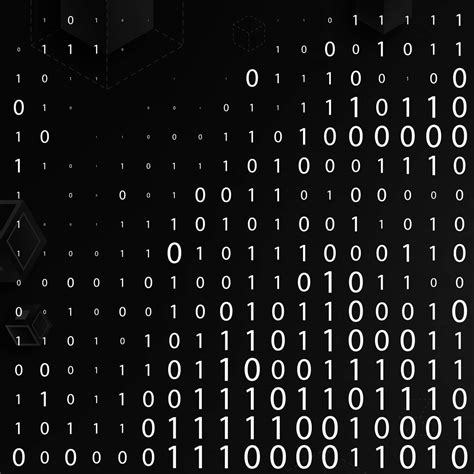The role of validators in guaranteeing Blockchain networks
As the world becomes more and more dependent on Blockchain technology, its decentralized and safe nature has captured the attention of investors, entrepreneurs and governments from all over the world. One of the most critical components of a blockchain network is the validation process, which guarantees that transactions are elaborated safely and efficiently. In this article, we will explore the role of validators in guaranteeing Blockchain networks.
What are validators?
Validators are nodes on a blockchain network that are responsible for the verification and transmission of transactions to other nodes in the network. They play a vital role in maintaining the integrity of the blockchain ensuring that all transactions are valid and that the chain remains safe. Validators are generally performing software applications on their devices, which perform complex algorithms to verify the legitimacy of the arrival transactions.
The role of validators
There are several key responsibilities that validators have within a blockchain network:
- Check of transactions : Validators verify the validity of the arrival transactions by checking their source, destination addresses and the amounts exchanged.
2
3 State of the blockchain.
- Transaction Broadcasting : transmission transmission transactions to other nodes of the network, ensuring that they are added to the block and included in the following blocks.
Types of Validators
There are two main types of validators:
- Complete knot : a complete node is a software application that works on multiple nodes within a blockchain network, providing encryption and end-to-end authentication.
- Valid light : a light validator is a single node that participates in the validation process by performing a simplified version of the Blockchain software.
Security measures
To prevent harmful actors from compromising the safety of the Blockchain network, validators use various security measures:
- Cryptographic hash functions

: Validators use the functions of cryptographic hash to validate and verify transactions.
- Digital signatures : Validators use digital signatures to authenticate their role in validating transactions.
- Consent mechanisms : Validators participate in consent mechanisms to ensure that all nodes agree on the state of the blockchain.
- Cryptography : Validators use end-to-end encryption to protect data within the network.
Advantages of validators
The advantages of the validators are numerous:
- improved safety : Validators help to prevent harmful actors from compromising the safety of the Blockchain network.
- Increase in efficiency : Validators allow an elaboration of the rapid and efficient transactions, reducing the time required for the creation and validation of the block.
- Improved transparency : Validators provide a transparent vision of transactions within the network, allowing the interested parties to monitor their progress.
Challenges and limitations
Despite their importance, validators face different challenges and limitations:
- Energy consumption : Energy consumption associated with the validation of transactions can be significant, leading to environmental problems.
2
3.

